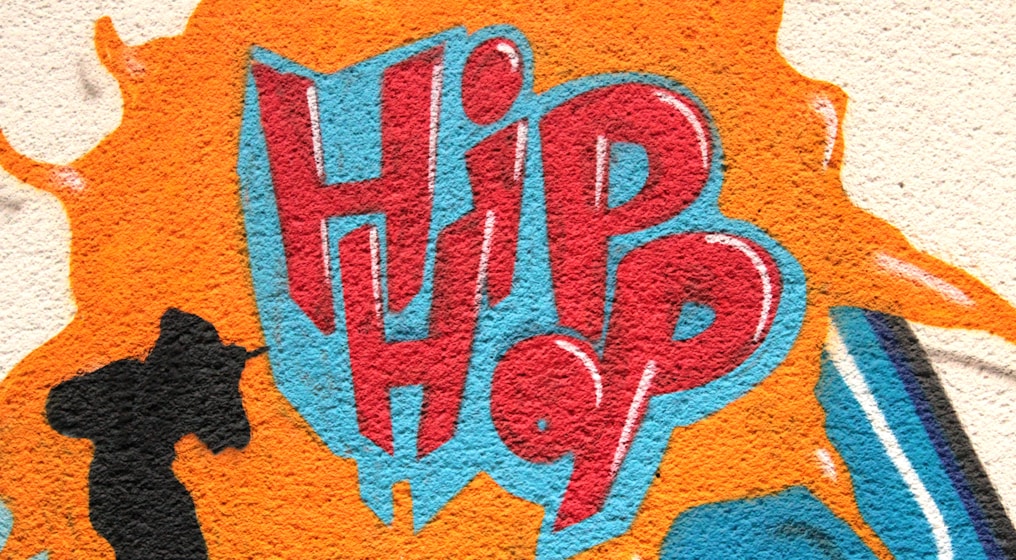
Hip-hop Culture
Here are some of the influences of Hip-hop on modern culture.
Hip Hop music originated in African American and Latino communities in New York City during the 1970s. It has since become a global cultural and commercial force, influencing fashion, language, and social activism. Hip Hop music is unique in that it is an art form that is not just about the music but also about the culture and lifestyle that comes with it.
BIRTH OF HIP HOP
Hip Hop music was born out of the frustrations of young African American and Latino youth living in poor urban areas. The origins of Hip Hop can be traced back to a combination of Deejaying, Emceeing, Breaking and Graffiti. The music first gained popularity in the 1970s when block parties were common. These parties were a way for people in the community to come together and have a good time. The music was loud, the beats were heavy, and the lyrics were powerful. It was a way for young people in these areas to express themselves and tell their stories.
Hip Hop music is much more than just a music genre. It is also a cultural movement that encompasses everything from music to fashion. Hip Hop has its roots in a number of different cultural traditions including African storytelling, Latino music, and African American resistance movements. The music has helped to create a unique cultural identity for those who identify with the Hip Hop movement.
FASHION INFLUENCE
One of the ways that Hip Hop has influenced modern day society is through fashion. In the 1980s, Hip Hop music introduced a unique style to the world with baggy pants, oversized shirts, and sneakers. Today, these styles remain popular among young people and have become a major part of mainstream fashion. Some of the most iconic Hip Hop fashion trends include tracksuits, heavy chains, flat-brimmed hats and snapback hats, ripped jeans, hoodies, and sneaker culture.
LANGUAGE INFLUENCE
Hip Hop has had a significant impact on language and has helped to create a unique style of communication. Hip Hop artists often use slang, metaphors, and wordplay in their lyrics. Over time, this style of communication has become more mainstream, and many Hip Hop slang words and phrases have become a part of everyday language. In other regions across Africa, musicians have blended their native tongues with modern Hip-hop/Rap beats to reach to their local audiences.
HIP HOP & SOCIAL ACTIVISM
Since the 70s and 80s, rap music has been instrumental in raising awareness about social issues and has helped to inspire social activism. Many Hip Hop songs address issues like racism, police brutality, human rights, and poverty. The music has the power to bring people together and create a sense of community. The music has also given rise to political activism and has been used as a tool for political mobilization, especially in the United States.
OTHER INFLUENCES
Through political mobilization, hip-hop and has helped to give a voice to the voiceless. The music often addresses political and social issues, including police brutality, racial inequality, and poverty. It's been used to educate young people about political issues and to encourage them to get involved in the political process. This form of expression has also given many people the courage to speak out against oppression and to become more politically active.
The genre has traditionally been a male-dominated genre. However, over the years, there has been a rise in female Hip Hop artists who are using their platform to empower women. Female Hip Hop artists like Queen Latifah, Missy Elliot, and Nicki Minaj have used their music to address issues like sexism and gender inequality. They have given women a voice in a male-dominated industry and have helped to create more opportunities for female Hip Hop artists.
Evidently, hip-hop/rap has revolutionized the music industry in many ways. The music has created a new standard for popular music where lyrics are just as important as the melody. Hip Hop artists often use wordplay, metaphors and storytelling to convey the message of their music. This has created a demand for artists who are able to write meaningful lyrics and has given rise to a new generation of lyricists. With a rise in new fusion styles of hip-hop, it's obvious that Hip Hop has helped to break down barriers between different musical genres. The music has been used in a number of different genres, including rock, pop, and electronic music. It has become a bridge between musical cultures and has helped to create new musical hybrids that are taking the music industry by storm.
Hip Hop has also become a powerful tool for education. Many schools around the world have started to use Hip Hop as a way to engage students and to teach them about a variety of subjects. It's also been used to teach everything from history to science. The music has also been used to help students develop critical thinking skills and to encourage them to think outside of the box.
Hip Hop has had a significant impact on international relations. The music has helped to break down barriers between people from different cultures and has helped to create a sense of global community. Unlike most genres in the 'ever-booming pop culture' - Hip Hop has become a tool for cross-cultural communication and has helped to bring people from all over the world together. Hip Hop music has come a long way since its birth in the 1970s. Today, Hip Hop is a global cultural and commercial force that is not going away anytime soon. It's culture is now represented in everything from fashion to technology. With the rise of social media, Hip Hop has become more accessible than ever before, and it continues to be an important tool for social change.
CONCLUSION
In conclusion, Hip Hop music has had a significant impact on modern day society. It has influenced fashion, language, and social activism. Hip Hop music has become a powerful tool for social change and has given a voice to many who are often silenced. The music has created a unique cultural identity and has helped to break down barriers between people from different cultures. Hip Hop music will continue to be an important tool for social change and cultural expression for years to come.


